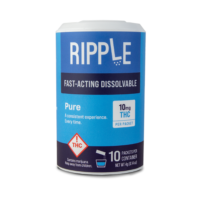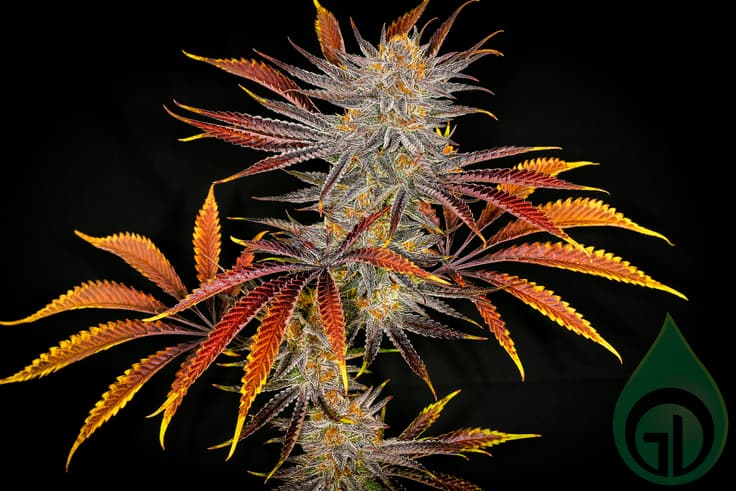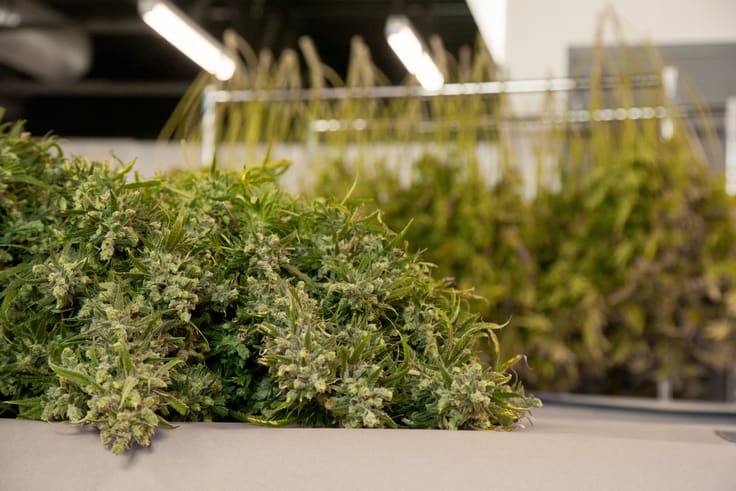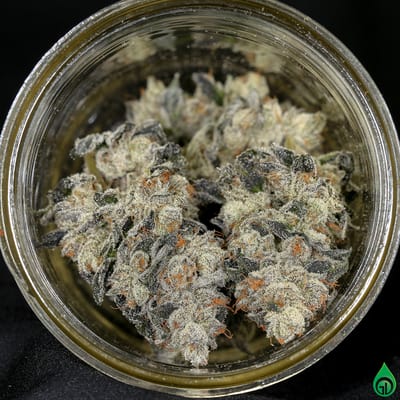SANTA FE, N.M., Jan. 14, 2021 (GLOBE NEWSWIRE) — PRESS RELEASE — Nicole Sena, a medical cannabis caregiver to her young daughter with a rare form of epilepsy, and Ultra Health have reopened their lawsuit against the New Mexico Department of Health (NMDOH) to ensure an adequate supply of medicine.
The original lawsuit, filed in August 2016, contended the plant cap regulation promulgated by NMDOH was not in accordance with the Lynn and Erin Compassionate Use Act, the enabling legislation for New Mexico’s Medical Cannabis Program.
In November 2018, then-District Judge David K. Thomson ruled the department’s plant cap was arbitrary, capricious, and frustrated the purpose of the Lynn and Erin Compassionate Use Act. Sena and Ultra Health have reopened the case due to the department’s new regulation limiting adequate supply in the program.
NMDOH was court-ordered to raise the plant cap and find a data-driven solution to provide adequate supply for patients. In fall 2019, the new cap of 1,750 plants was promulgated. Even still, the new cap has failed to have a substantial effect on adequate supply in the program.
“While it may be true that DOH was delegated the authority to regulate the system of distribution of medical marijuana in this State, it may not create its own arbitrary production number that does not have a reasonable nexus in law or fact to adequate supply for patients in the program,” Judge Thomson stated in his 60-page ruling.
The ballooning of patient enrollment to 104,655 patients statewide and the effects of the COVID-19 pandemic have created an unprecedented demand for medical cannabis and therefore an extreme strain on available medicine in the program.
Per Judge Thomson’s order and the Lynn and Erin Compassionate Use Act, NMDOH has a duty to ensure every patient in the program has a three-month, uninterrupted adequate supply of medicine.
Furthermore, evidence obtained via an Inspection of Public Records Request (IPRA) found that the determination for the plant count was tied to slowing the growth of Ultra Health.
“It is odd that we are the only state with a plant count. Right now, I am trying to figure out the last possible date to hold a rule hearing (looks like July 5) in time to control the plant expansion of Ultra. They cannot produce a new crop for 16 weeks, so I have roughly four months to manage this,” then Secretary Kathy Kunkel stated in an email to Jane Wishner, a member of the governor’s senior staff, in February 2019.
“New Mexico’s medical cannabis program remains in a perpetual cycle of crisis—there is not an adequate supply of medical cannabis in state to benefit all patients, and the price of medicine puts it out of reach for too many medically fragile patients,” said Jacob Candelaria, counsel for Sena and Ultra Health, who is also a Senator from Albuquerque. “These problems are a direct result of the department’s failure to comply with the court’s trial order, and the law, which both require the department to ensure all medical cannabis patients can access the medicine they need at an affordable price.”
“What’s also very concerning here is the way the department and the governor’s office seemingly used their authority over the Medical Cannabis Program to target and retaliate against my client,” Candelaria continued. “It’s sad that our government is more interested in slowing the growth of my client’s ability to serve patients than in performing their legal obligations under the law or the court’s trial order.”
“While Judge Thomson’s ruling was a groundbreaking moment for medical cannabis patients’ rights in New Mexico, the work to actually provide an adequate supply of medicine is far from done,” said Duke Rodriguez, CEO and president of Ultra Health. “The department has a statutorily-mandated obligation to provide an adequate supply for patients. As the state’s largest provider, we similarly have an obligation to ensure our patients are receiving the standards of care that those benefiting from any other medication would receive. Simply put, the department must stop using their regulatory authority in a manner that thwarts patient access and instead promote adequate supply directly tied to the health and wellness of more than 104,000 New Mexican lives.”







